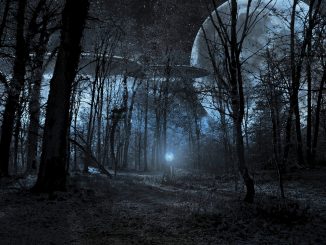
Most of us like to think that reality is something that human beings can comprehend. And, more to the point, we tend to think that we personally are among those who have a pretty good handle on it.
Maybe not, says Donald Hoffman, a professor of cognitive science at the University of California, Irvine. He has been studying the relationship between evolution and our grasp of reality. His conclusions are probably not what you’d expect:
“Evolution has shaped us with perceptions that allow us to survive. But part of that involves hiding from us the stuff we don’t need to know. And that’s pretty much all of reality, whatever reality might be. “
According to Hoffman, actually understanding reality provides no evolutionary advantage. What we have are models of reality that are optimized around keeping us alive and able to reproduce. We can’t get at real reality no matter what we do, because we have been designed (or at least optimized) NOT to get it.
We enjoy movies and other forms of entertainment that break the “fourth wall” between the world of the story and the real(?) world in which we live. Is this because we are constantly striving to break our very own fourth wall — the barrier that stands between the world as we know it and other levels of reality?
AR 001-763
On the Cool Side Kevin MacLeod (incompetech.com) | Licensed under Creative Commons: By (incompetech.com) | Licensed under Creative Commons: By Attribution 3.0 License http://creativecommons.org/licenses/by/3.0
Stock footage and some images from Pixabay.com


